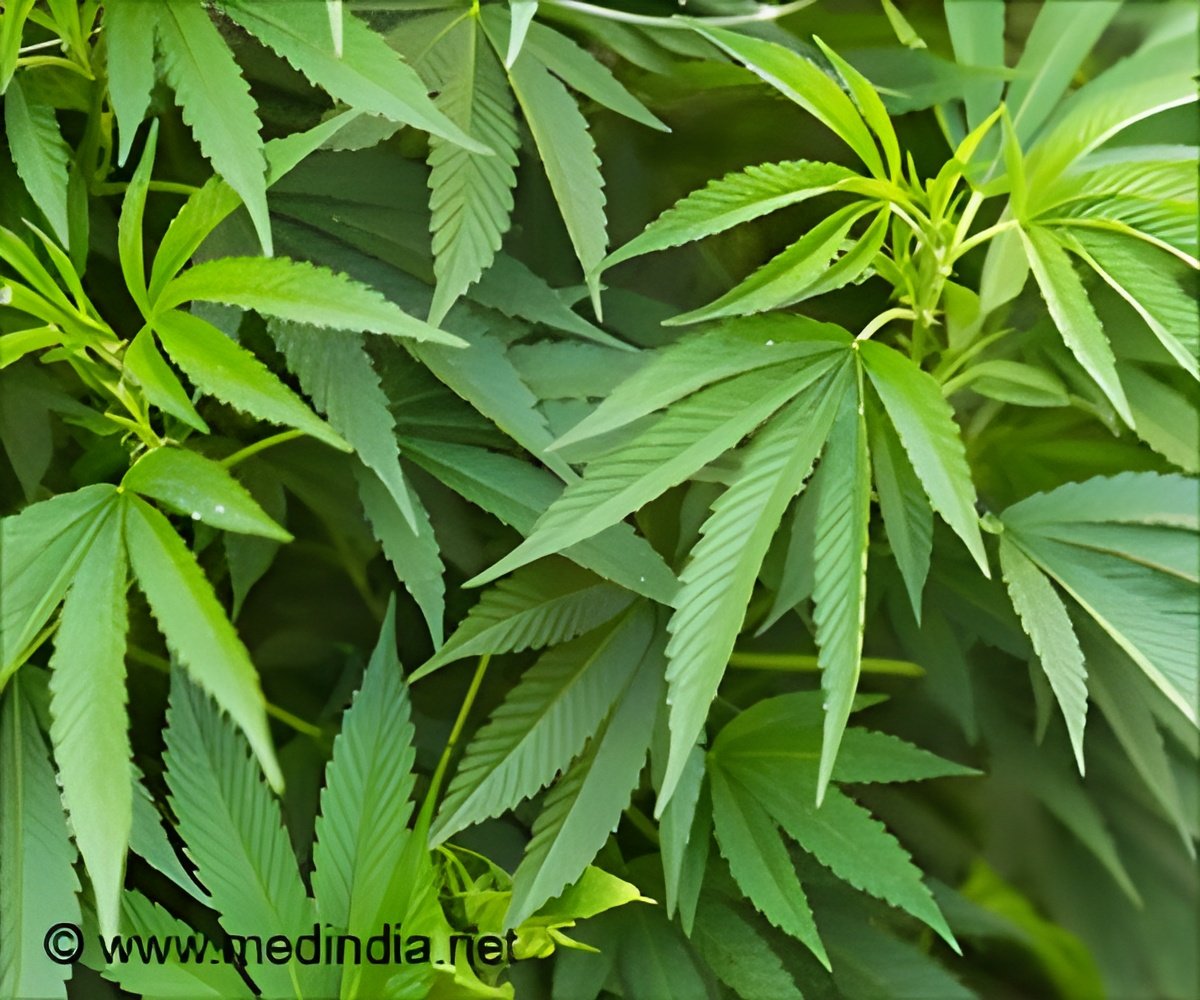Study finds link between Cannabis use and abuse disorder and absenteeism from work.

Cannabis Use, Use Disorder, and Workplace Absenteeism in the U.S., 2021-2022
Go to source). The relationship between cannabis consumption and cannabis use disorder (CUD) is linked to negative psychosocial effects; however, the influence of these factors on workplace absenteeism is not well researched. In addition, there is a scarcity of research focusing on the severity of CUD. This study seeks to fill these gaps by investigating the connections among the recency and frequency of cannabis use, the severity of CUD, and workplace absenteeism.
‘Did You Know?
Cannabis, known as Marijuana, is the most extensively cultivated, trafficked, and misused illegal substance globally. It accounts for fifty percent of all drug seizures reported around the world. #Cannabis #usedisorder #medindia’





Cannabis, known as Marijuana, is the most extensively cultivated, trafficked, and misused illegal substance globally. It accounts for fifty percent of all drug seizures reported around the world. #Cannabis #usedisorder #medindia’
Even Occasional Use of Cannabis Linked to High Rates of Absenteeism
The study found that this absenteeism included both instances of illness or injury and days of work missed. Among full-time employed individuals, 15.9% reported using cannabis in the preceding month, and 6.5% met the criteria for CUD. The research indicated that, over the past 30 days, individuals who had used cannabis but did not have CUD missed an average of 1.47 workdays due to illness. In contrast, those who had never consumed cannabis averaged 0.95 sick days. Notably, even occasional cannabis use was linked to higher rates of absenteeism, with individuals diagnosed with CUD exhibiting a 1.30 to 2.87 times greater likelihood of missing or skipping work compared to their counterparts without CUD.The research indicates that the effects of cannabis on adults in the workplace are not limited to individuals who qualify for Cannabis Use Disorder (CUD). Nevertheless, the researchers highlight the necessity for longitudinal studies to investigate the implications of cannabis consumption, along with qualitative studies that can more effectively differentiate the influences of various intense factors that were not considered in this research. Such factors include the use of medicinal cannabis and whether the individual’s used cannabis during or outside of work hours.
The study was published on August 26 in the American Journal of Preventive Medicine and was led by Kevin H. Yang, M.D., a third-year resident in the Department of Psychiatry at UC San Diego School of Medicine and Joseph J. Palamar, Ph.D, M.P.H, associate professor in the Department of Population Health at New York University Grossman School of Medicine.
Reference:
- Cannabis Use, Use Disorder, and Workplace Absenteeism in the U.S., 2021-2022 - (https://www.ajpmonline.org/article/S0749-3797(24)00258-7/fulltext)
Source-Eurekalert













